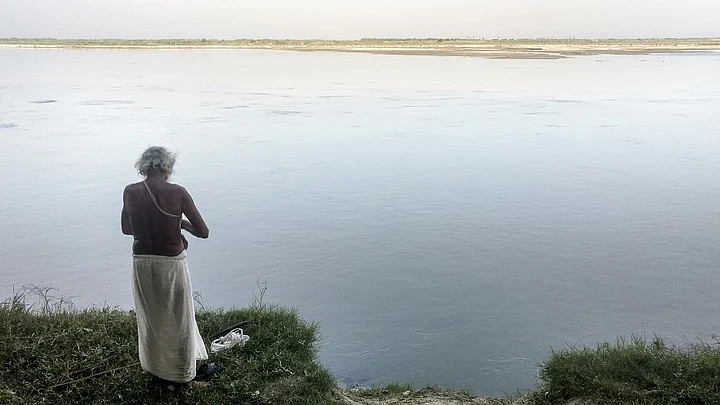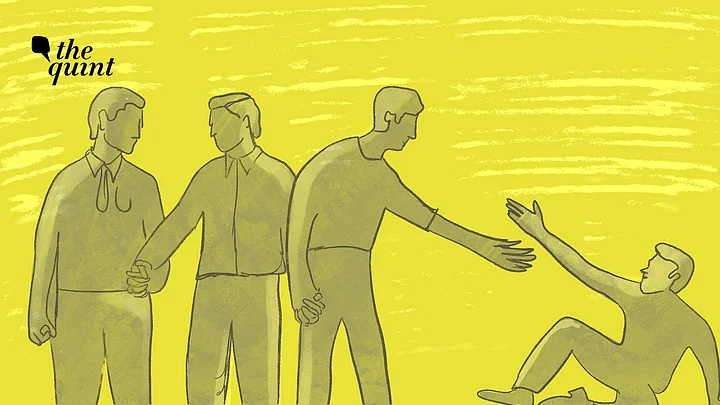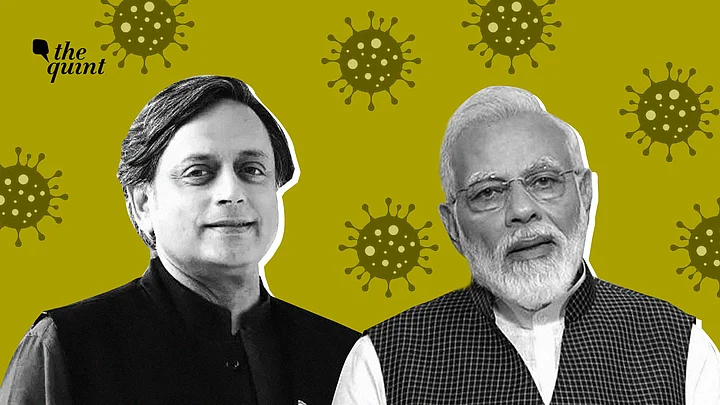The world we live in today is not the same as the one we lived in a few months ago. Production chains have come to a grinding halt, streets are deserted, the global economy is plummeting, and we are confined to our homes, wondering when we can expect things to get back to normal. A common response to any crisis is wanting to return to stability, to the familiar; we have seen this after wars, epidemics and financial crises. It is therefore natural for us to react to the coronavirus pandemic by seeking answers to when we can resume life as we (have known) it.
Some people, however, have regarded times of uncertainty as times when the systems we create for ourselves can be renewed and made better.
Crises and revolutions for betterment have usually gone hand-in-hand, historically – leading to democracy, the United Nations, the current model of justice, and human rights.
If it is possible to emerge from disasters as better versions of society, is ‘normal’ not too low a bar to set for ourselves?
Unexpected Consequences of COVID-19 Pandemic
In the face of the coronavirus outbreak, the world is operating in an almost apocalyptic scenario that we have, till date, only witnessed in movies and TV shows. Most businesses have shut down, all travel has been suspended – and life has come to a halt in a way most of us could not have believed it could.
But, equally unbelievable, are a few more changes and responses we are seeing to this global crisis.
We are seeing governments – who have usually placed the burden of earning and employment on the people – almost becoming welfare states; a striking example is that of the United States government offering stimulus packages and relief. The economic top 1 percent of the world are donating billions of dollars to charity, and coming up with novel methods to ensure that their employees are as secure as possible. This is in stark contrast to the normal way of the world, where huge pay disparities (among other reasons) help some people rise to multibillionaire status in the first place.
On the brighter side, there has been a positive impact on the environment, as a result of the shutdown of factories, businesses and the production chain as a whole; there has been a notable fall in carbon emissions globally, and closer home, we can see bluer skies, and cleaner waterbodies like the Ganga and Yamuna rivers.
Social Changes – Unity and Consciousness
We have also seen a wave of class consciousness, with many people realising their privilege and demanding tangible changes from their governments. The most concrete proof of this is the way India is rallying behind doctors and medical staff, as well as daily wage workers, groups that have previously been ignored and sidelined.
The shortage of funds and resources in the medical sector are coming to light, and there is pressure on governments to make long-term policies to solve such problems. Attention is also being paid to the inhuman conditions that migrant labourers and poor daily-wage earners have been living in, as well as the poor working conditions these groups have.
A realisation hitting society right now is that the people whose jobs are classified as ‘essential’ are the ones who are paid the least.
This has led to many people advocating for better policies, more rights and regulations for people in these sectors.
A sense of togetherness, transcending class boundaries and economic slabs, has permeated society, as people are trying to combat the crisis together. There are multiple stories of good samaritans helping others, of RWAs coming together, of religious organisations and NGOs helping those in need.
Post Pandemic: Back to Business As Usual?
Even though it is temporary and crisis-induced, one would like to believe that there has been a mindset shift. We are living in simpler ways, realising what ‘essentials’ are, what governments can actually do to help people (if pushed enough), and what we can do if we come together to help disadvantaged groups in society.
It is necessary for businesses to resume, colleges and schools to reopen, and for the activities of daily life to restart.
But there is a dark side: the feeling of wanting to make up for lost time and overcompensating for the time (and profit) lost, by manufacturing at double the rate.
With the impact of coronavirus on production, governments are already looking for ways to boost the economy, such as stimulus packages and trillion dollar relief plans. “Back in 2008-09, after the global financial crash, carbon emissions shot up by 5 percent as a result of stimulus spending that boosted fossil fuel use,” the BBC reported. China is already showing signs of an increase in carbon emissions.
The ‘normal’ world is also one of economic inequalities: where the rich keep getting richer and poor migrant labourers bear the brunt of an inequitable system. Our ‘normal’ world is one where the medical sector is stretched to its limits, where the unorganised sector offers little to no financial security, where we ignore the fact that governments, if held accountable, can actually improve our lives.
Rebuilding Our World
It will be a shame if, after all this, the best we can do is go back to how things were. Our systems had cracks, we knew, but the pandemic has proven just how quickly they can crumble. And while an overnight shift to sustainability, or an overall shutdown of production is not practical (or needed), the lockdown has given us the time to think about how we would want to resume our lives.
Once we are ready to rebuild the world, we will have a choice to make: do we build back the systems as they were, full of inequalities and unsustainable practices, or do we make the tougher choice and come up with more robust, sustainable, equitable and better systems – for a better world?
(At The Quint, we question everything. Play an active role in shaping our journalism by becoming a member today.)




